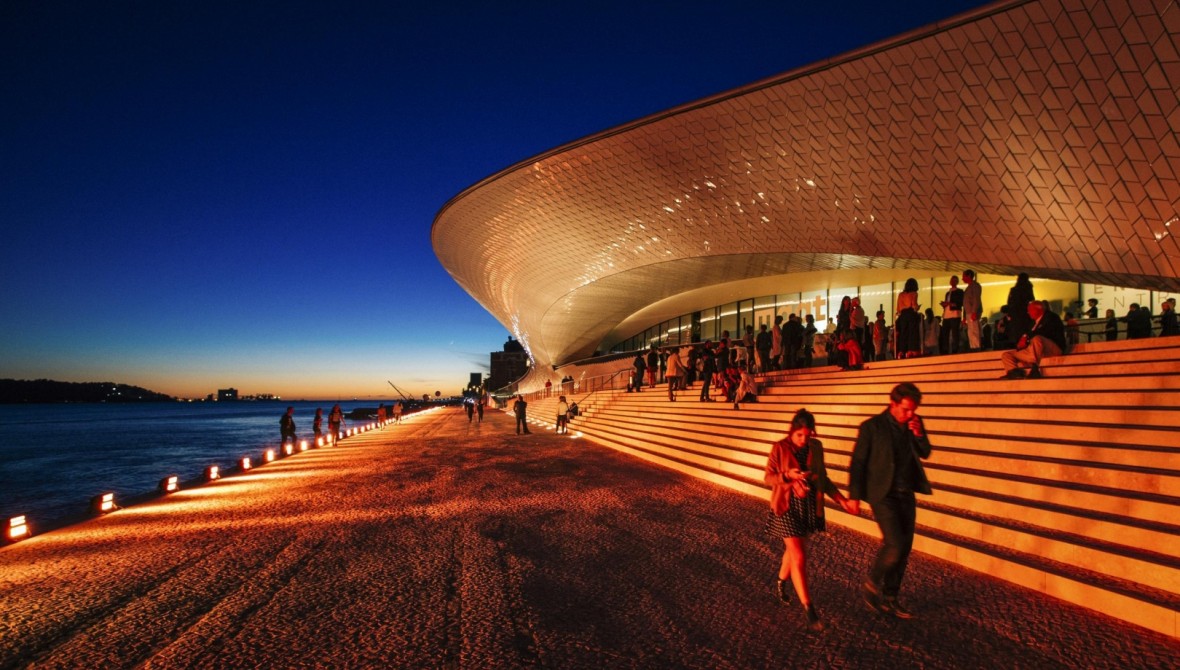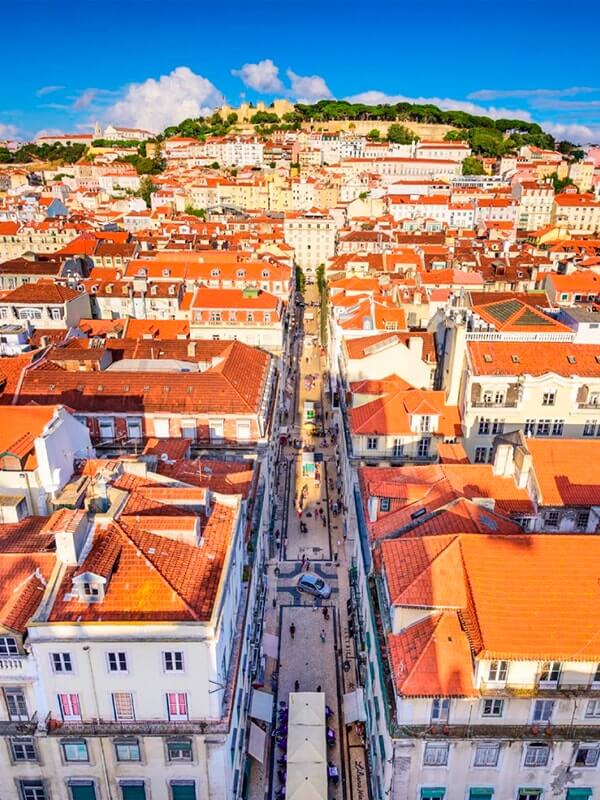
Why is Portugal still the destination for real estate investment of Brazilians in Europe?

The large number of Brazilians living in Portugal has contributed to the gradual increase of this flow of new residents, but at the same time it raises some fears regarding the risk of investment and the rise of real estate prices in the Portuguese country.
However, some indicators show that buying a home in Portugal is still more advantageous than the vast majority of neighboring countries.
According to the Association of Realtors and Real Estate Agents of Portugal (APEMIP), considering properties over 120 square meters located in large centers, the average price of square meters in Portugal is the 19th most expensive, being far below countries like United Kingdom, France, Switzerland, Italy, Spain, Germany and the Netherlands, for example. Considering only Western European countries, only Belgium is cheaper.
In Lisbon, according to Idealista (portal specializing in the real estate market), the average price is € 2,707 - competitive price not only with European capitals like Madrid, Paris and London, but also with upper-class neighborhoods in São Paulo and Rio de Janeiro . The values are even lower in regions such as Alentejo and North.
The city also remains competitive in terms of short-term rental yield of 4.5%, ahead of cities like Barcelona, Rome, Paris and London, as well as being ahead of the European average.
However, living in Portugal brings a component that goes beyond the numbers: the quality of life. "More than the competitive price, Brazilians are looking for a place where they can live good, with tranquility, health and quality education for their children. Portugal has all this to offer, and the fact that we have a common language makes this investment even safer, "says Lucy Gomes, representative of Casa in Portugal, one of the largest Portuguese real estate developers in Brazil.
The group increasingly emphasizes the demand for Brazilians. "It's a market that tends to grow even more because of the variety of profiles," he says.
According to the Global Peace Index, Portugal is the fourth most peaceful country in the world, which in itself is an important component when choosing where to invest. The country is notable for an efficient public health service and universities that stand out in the main international rankings, in addition to a high quality of education at all levels.
Recently, Lisbon was chosen by the Quality of Life Survey, of the British magazine Monocle, as the 12th city in the world with the best quality of life. The mild climate (300 days of sunshine a year) and the tourist variety complete the "package".
According to a survey of Adequate Income in Portugal (raP), a family with a small child can live well with a monthly income of 1,800 euros. With less than 150 euros can cover expenses with water, electricity, telephone, gas, internet and public transport.
Added to this are the advantages offered by the Portuguese government, mainly with the Golden Visa program, which grants residence authorization to those who make investments of at least 350 thousand euros in urban rehabilitation areas or 500 thousand euros in any locality, and the Regime Non-Resident Fiscal, which lasts for up to ten years and has advantages such as the exemption of taxes on income obtained in other countries and reduced rates for income obtained in Portuguese soil.
